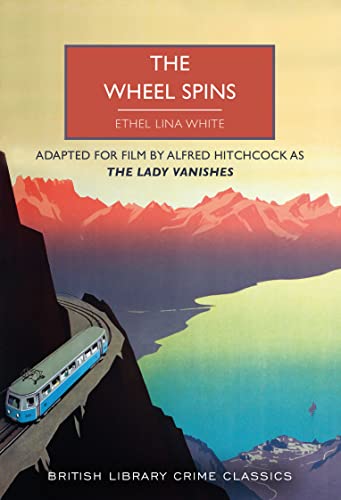What do you think?
Rate this book


242 pages, Kindle Edition
First published January 1, 1936
”’It just shows how careful one should be when one is abroad. We always keep to our rule never to get mixed up in other people’s business.”
But faces kept coming in between her and her goal—faces that grinned or scowled—the faces of strangers. They melted away like a mist, only to give place to other faces. There was a flash of eyes and teeth—a jam of bodies. She thrust and struggled, while her cheeks burned and a wave of hair fell across her cheeks.Throughout, I was reminded that I almost always get the wrong answer to the question "What do you think will happen next?" For several chapters, I made up all sorts of scenarios and then was presented with one I had not even considered. Of course, it's all plot and very little characterization, but even if only occasionally, that's just the right thing to be reading.